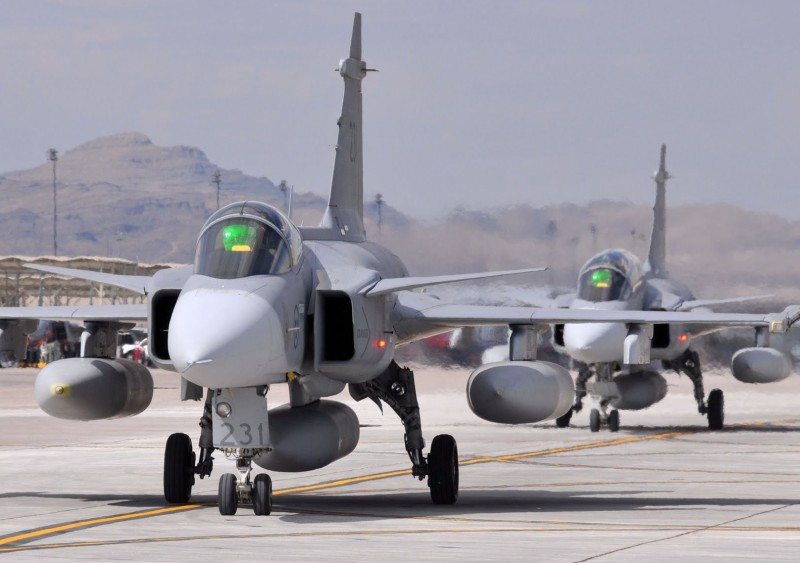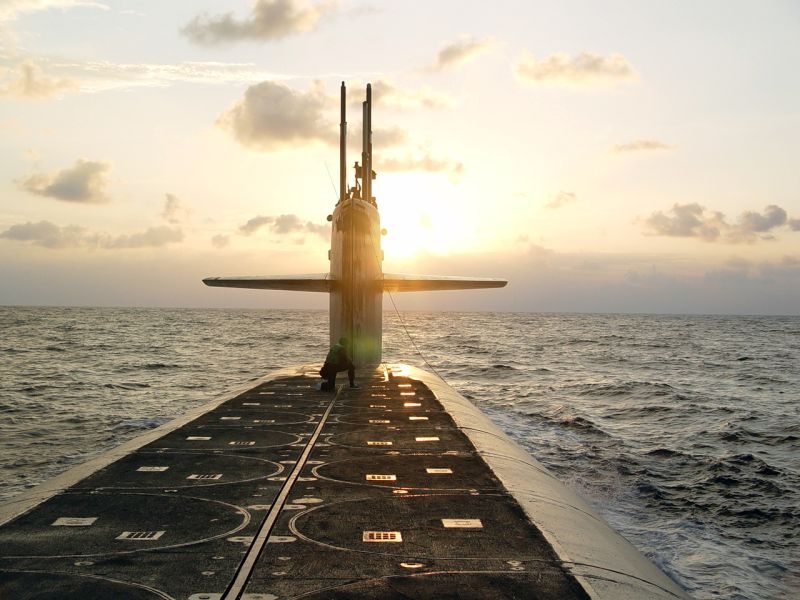Swedish defence firm Saab has declined to provide a bid for a 30 billion ($4.37 billion) Danish fighter contract while reports indicate that US firm Lockheed Martin is set to land the deal.
Three candidates are officially in the running to receive one of Denmark’s biggest public purchases of all time when the military purchases new fighter jets by July 1st 2015.
It was expected that four producers would provide bids for the contract, but the Swedish government and weapons producer Saab decided at the last moment to not bid for the contract.
According to Politiken, the Swedes think that Denmark has already decided to purchase F-35 jets from the US weapons producer Lockheed Martin. The F-35s, also called Joint Strike Fighters, are also deemed by Andreas Krog, a journalist that has been covering the looming fighter, to be the clear favourite.
“Many signs point to the decision falling on the Joint Strike Fighter because they are the newest jets, and the US itself has also invested in them,” he told Danish Radio (DR).
On Monday the bidding period to provide Denmark with new fighter jets expired, giving politicians just under a year to decide who will get the multi-billion kroner contract.
The Danish military is prepared to spend roughly 30 billion kroner ($5.4 billion) to replace its fleet of F-16 jets.
“We need new planes because our current combat jets date back to the 1970s and they have flown too many hours,” Krog told DR.
The other two contenders for the 30 billion kroner contract are the Eurofighter Typhoon from German producers [Airbus Defence and Space] and the F/A-18F Super Hornet produced by the American firm Boeing.
“[Denmark] will look at which jets are used by the countries we normally consider allies,” he said.
There too, the Joint Strike Fighter looks likely to come out on top. In addition to the US military, Norway, the Netherlands, Israel, UK, Italy, Australia, Korea and Japan have also purchased the F-35s.
The Eurofighter Typhoon has been purchased by Germany, Italy, the UK, Austria, Spain and Saudi Arabia, while the US Navy and Australia have purchased the Super Hornet.
The new fighter jets will be expected to last 40 years.











